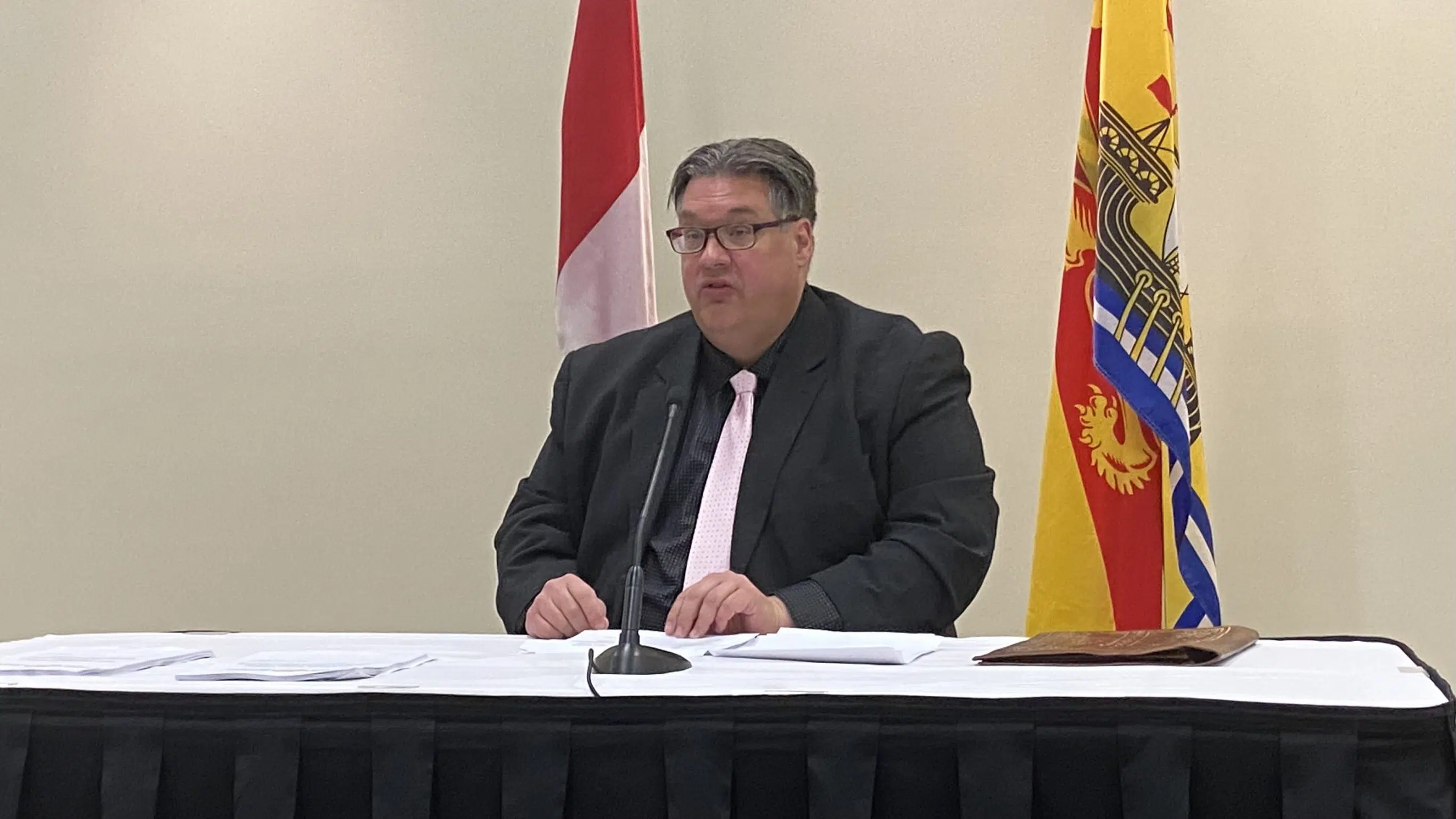New Brunswick’s advocate says he is encouraged by the province’s actions to address child welfare funding concerns.
In a recent report, Kelly Lamrock said the province budgeted $23 million less this year compared to what it spent last year.
The provincial government had earmarked $208.3 million in this year’s budget for child welfare services.
While that is higher than last year’s estimates of $181.9 million, it is lower than the $231.8 million that was actually spent.
“This is the most significant single-year reduction to services for vulnerable children in recent memory,” Lamrock said in a news release at the time.
“Our office has warned for two years that under-budgeting actual demand would eventually lead to damaging cuts. That warning was not heeded, and now we are seeing the consequences.”
Province declines to reverse reduction
Lamrock urged the province to reconsider the budget reduction. If not, he said, they should publish a mitigation plan by June 30 outlining the expected impact and how children will be protected.
In an updated report on Thursday, the advocate said the government declined to reverse the reduction, but it did accept two other recommendations that his office had made “in spirit and substance.”
“The Advocate’s stated goals for protecting vulnerable children were that support and prevention programs be clearly hived off from cost reduction mandates, that incentives to encourage early intervention and prevention investments be put in place, and that realistic expectations and clear conditions for special warrants be established,” Lamrock wrote.
“The initial response from the executive branch of government has made acceptable progress on all three fronts.”
Lamrock said the province clarified that cost-control measures will target only high-cost cases and protect other child welfare services.
High-cost cases are often escalated cases that require intensive and specialized services. There were 110 such cases costing $55 million in 2024-25, up from 58 cases costing $21 million just two years earlier.
Governance failures leading to more complex cases
The advocate noted that the “explosion” in complex case expenses is largely the result of governance failures, which he identified in a previous report released in late 2024.
“While underfunding of interventions may have met fiscal targets in the short term, it created a deficit of unmet needs that has turned into a high number of young people in crisis,” he said in Thursday’s report.
“The lesson to be drawn here is one about the benefits of upstream investments and prevention, and long-term reduction of complex cases will require a change in how these are planned, funded, and reflected in budgets.”
Lamrock said social development has demonstrated “promising first steps” in funding research on other models of providing support to young people with complex needs and establishing a realistic transition plan.
He also noted that the province has created a central desk to review Integrated Service Delivery, which is aimed at improving collaboration when children’s needs require cross-departmental work, he said.
Provincial officials have also committed to improving accountability regarding outcomes for children in care. Lamrock’s report noted that the province is now tracking rates of high school graduation and post-secondary participation for children in care.
The advocate will require quarterly spending updates on funding for post-kin, youth engagement and transition services, support for children with disabilities and their families, and in-home family supports and respite care.
Lamrock said while there are significant challenges ahead in addressing service delivery and budgeting processes, the concerns from his first report “were taken seriously” by the province.





